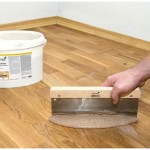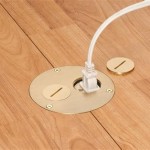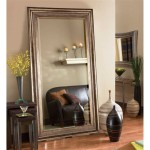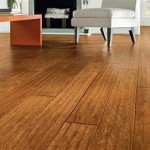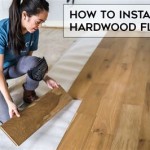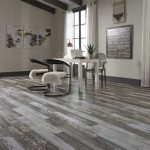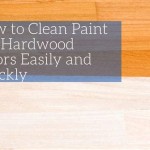The Thickness of Engineered Wood Flooring: A Comprehensive Guide
Engineered wood flooring has gained immense popularity for its durability, stability, and aesthetic appeal. One of the key factors in choosing engineered wood flooring is its thickness. Understanding the different thicknesses and their implications on your project is crucial for making an informed decision. This article delves into the various aspects of engineered wood flooring thickness, providing you with the necessary knowledge for making an informed choice.
Understanding Engineered Wood Flooring Thickness
Engineered wood flooring comprises multiple layers of wood, typically a thin top layer of hardwood veneer adhered to a plywood or high-density fiberboard core. The thickness refers to the overall dimension of the plank, including the veneer and core layers. It is crucial to differentiate between the overall thickness and the veneer thickness, as the latter determines the number of refinishes possible.
Engineered wood flooring comes in various thicknesses, ranging from 3/8 inch to 3/4 inch. The most common thicknesses are 3/8 inch, 1/2 inch, and 5/16 inch for thinner options, and 3/4 inch for thicker options. The thickness choice depends on several factors, including the intended use of the flooring, the existing subfloor condition, and personal preferences.
Factors Influencing Thickness Selection
Engineered wood flooring thickness is a critical factor that affects various aspects of your project. The primary factors to consider when choosing the appropriate thickness include:
1. Subfloor Condition
The existing subfloor condition is a key factor in determining the required flooring thickness. If the subfloor is uneven or has significant variations in height, a thicker flooring will provide better stability and reduce the risk of squeaking or uneven surfaces. Thicker planks offer greater structural support, ensuring a level and stable installation.
2. Intended Use
The intended use of the flooring also plays a role in thickness selection. If the flooring is installed in a high-traffic area such as a family room or entryway, a thicker option is generally recommended. Thicker planks are more resistant to dents and scratches, making them suitable for areas with heavy foot traffic.
3. Refinishing Potential
The thickness of the veneer layer determines how many times the flooring can be refinished. Thicker veneers allow for multiple refinishing cycles, extending the lifespan of the flooring and offering greater flexibility in terms of style and color changes in the future.
4. Installation Method
The chosen installation method can also influence thickness selection. Glue-down installations often require thicker planks for better adhesion, while floating installations may be suitable for thinner options. Consult with a professional installer for recommended thicknesses based on your chosen installation method.
5. Aesthetics
While not the primary factor, thickness can also affect the visual appeal of the flooring. Thicker planks tend to have a more substantial look, while thinner planks create a more streamlined appearance. Consider the overall design aesthetic of your space when selecting the thickness.
Conclusion
The thickness of engineered wood flooring is a critical consideration for any homeowner or designer. By understanding the various factors influencing thickness selection, you can make an informed decision that meets your specific needs and preferences. Choosing the right thickness ensures a stable, durable, and aesthetically pleasing flooring installation that will enhance your home for years to come.

Engineered Wood Flooring Size Guide Bvg

20 6mm Thickness 190mm Wide Eu Oak Engineered Wood Flooring With Deep Embossed China Hardwood Small Taun Made In Com

Solid Wood Flooring Vs Engineered

What Is Engineered Wood Flooring Made Of And Beyond Blog

Wear Layers On Engineered Flooring

3 Layer T G Engineered Flooring Thickness 15 Mm Coswick Com

Our Thick 6mm Wear Layer Engineered Wood Flooring Is Better

The Optimal Thickness For Engineered Wood Flooring And Beyond Blog

Engineered Hardwood 20 Mm

3 4 Inch Thick Engineered Baltic Birch Ply 5 8 Mm Wear Layer
